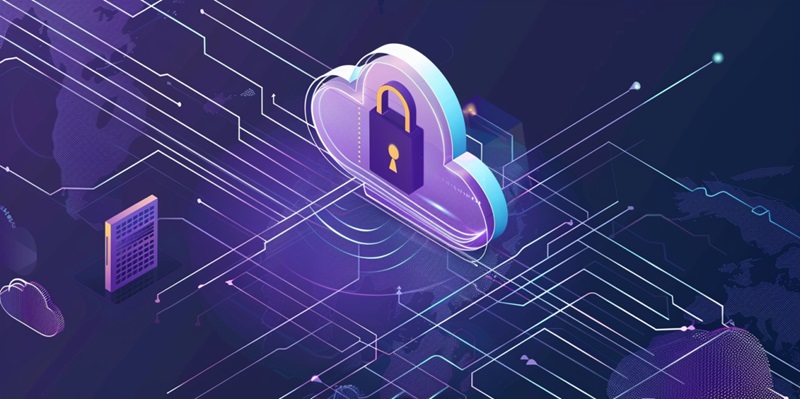The cybersecurity landscape is experiencing a dramatic shift as cloud infrastructure becomes a prime target for cyber attackers. Red Canary’s recent report highlights a 600% increase in compromised cloud accounts, a disturbing trend that underscores the vulnerabilities organizations face as they transition to cloud-based systems. Attackers are not just targeting data; they are exploiting email forwarding rules to redirect sensitive communications for financial gain. The proliferation of such attacks points to a critical need for stronger email security protocols and robust authentication measures.
Rising Threats to Cloud Environments
The transition to cloud computing offers numerous advantages, including scalability, cost savings, and accessibility. However, it has also opened new avenues for cyber criminals to exploit. Access to privileged credentials remains a prime objective for these attackers, as it provides them the keys to vast stores of sensitive data. The abuse of email forwarding rules, an often overlooked security gap, allows for the silent rerouting of sensitive information, enabling fraud and data breach events. This subversive method of attack signifies the importance of constant vigilance and monitoring of user access and permissions to protect vital assets.
The Case for Proactive Defense Strategies
The cybersecurity arena is facing significant changes as the reliance on cloud infrastructure attracts cybercriminals. Red Canary’s alarming report points to a staggering 600% surge in breached cloud accounts, emphasizing the growing weaknesses as firms move to cloud platforms. Cyber attackers are shifting their focus beyond just stealing data; they are manipulating email forwarding rules to intercept sensitive information for monetary benefits. This uptick in cloud-centric cyber attacks is a loud wake-up call for the implementation of more rigorous email security measures and the adoption of advanced authentication practices to better safeguard organizational communications and data. As businesses continue to migrate their operations online, prioritizing these safety enhancements becomes indispensable in defending against these evolving cyber threats.

